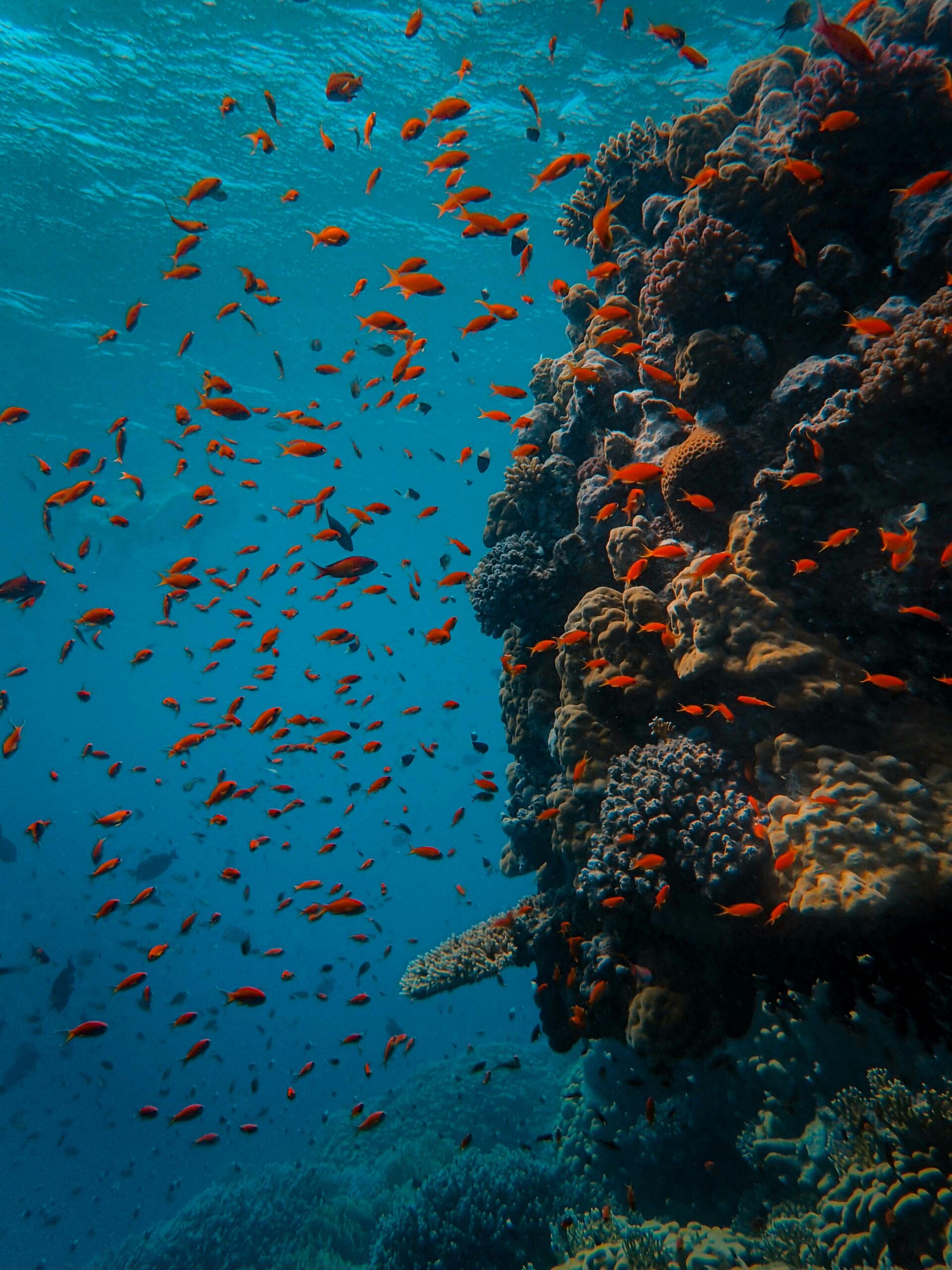Introduction to Ocean Conservation
Ocean conservation refers to the efforts made to preserve and protect the world’s oceans and their ecosystems. It is a crucial endeavor due to the significant role oceans play in maintaining the balance of the Earth’s climate, supporting a vast array of marine biodiversity, and providing essential resources that humans rely on. Oceans cover more than 70% of our planet’s surface and are responsible for producing over half of the oxygen we breathe. Ocean conservation is crucial for maintaining marine biodiversity and ensuring the health of our planet’s ecosystems.
The health of our ocean conservation is integral to the global economy, with billions of people depending on marine resources for their livelihoods, particularly in sectors such as fishing, tourism, and transportation. Furthermore, oceans are a source of critical resources, including food, medicine, and renewable energy. Despite their importance, oceans face numerous threats that endanger their health and sustainability. Pollution, including plastic waste and chemical contaminants, severely impacts marine life and ecosystems.
ALSO READ THIS : The Future of the European Union: Prospects and Challenges
Marine Protected Areas (MPAs)
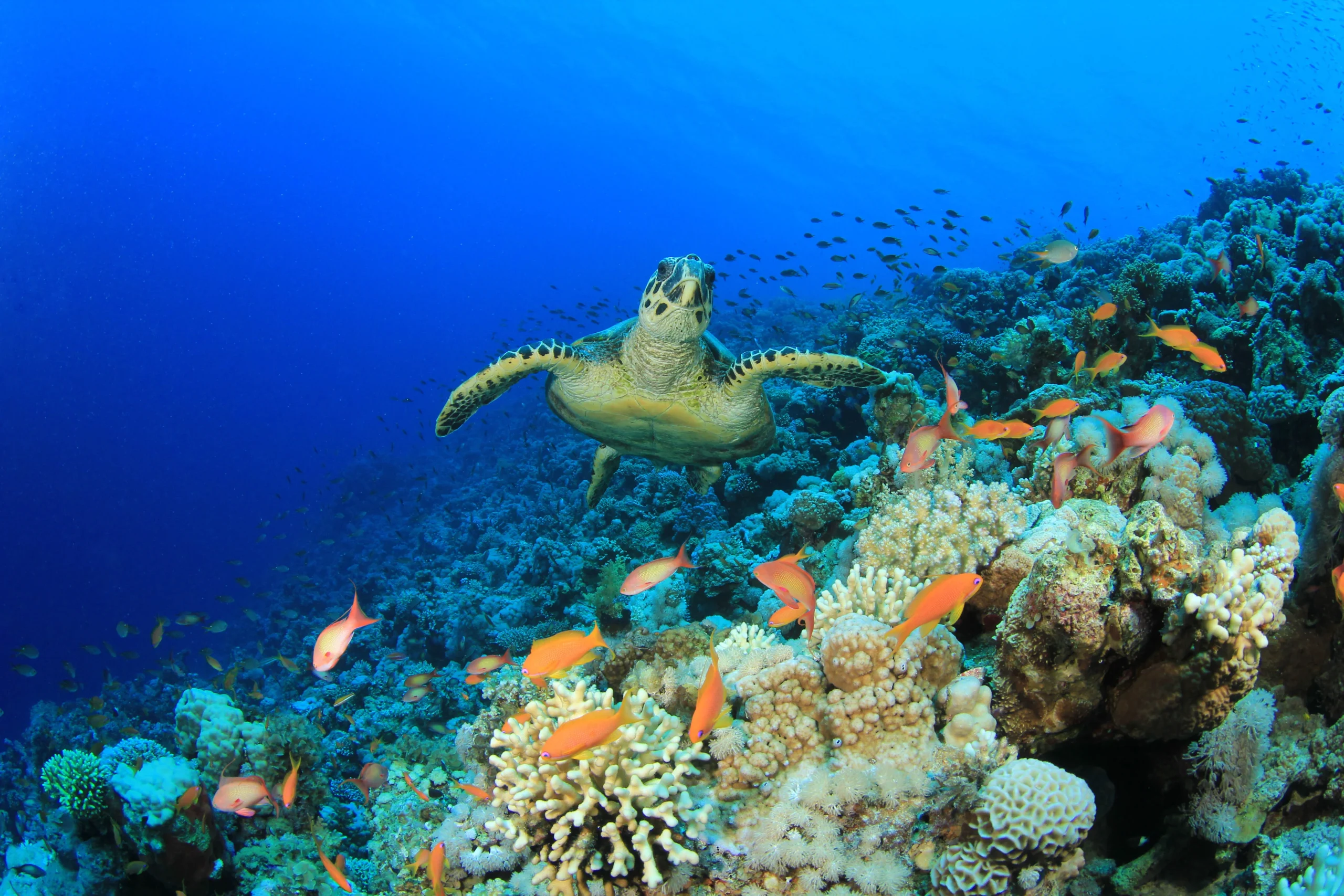
These designated areas, where human activities are more stringently regulated than the surrounding waters, function as sanctuaries for marine life, allowing ecosystems to thrive and recover from human-induced pressures. MPAs vary widely in terms of their restrictions and objectives, ranging from fully protected marine reserves, where all extractive activities are prohibited, to multiple-use areas that allow sustainable fishing, tourism, and other activities.
The global distribution of MPAs is extensive, with over 14,800 MPAs covering approximately 7.65% of the world’s ocean conservation. The criteria for designating MPAs typically involve the ecological significance of the area, the presence of endangered species, and the potential for scientific research and education.
Combating Marine Pollution
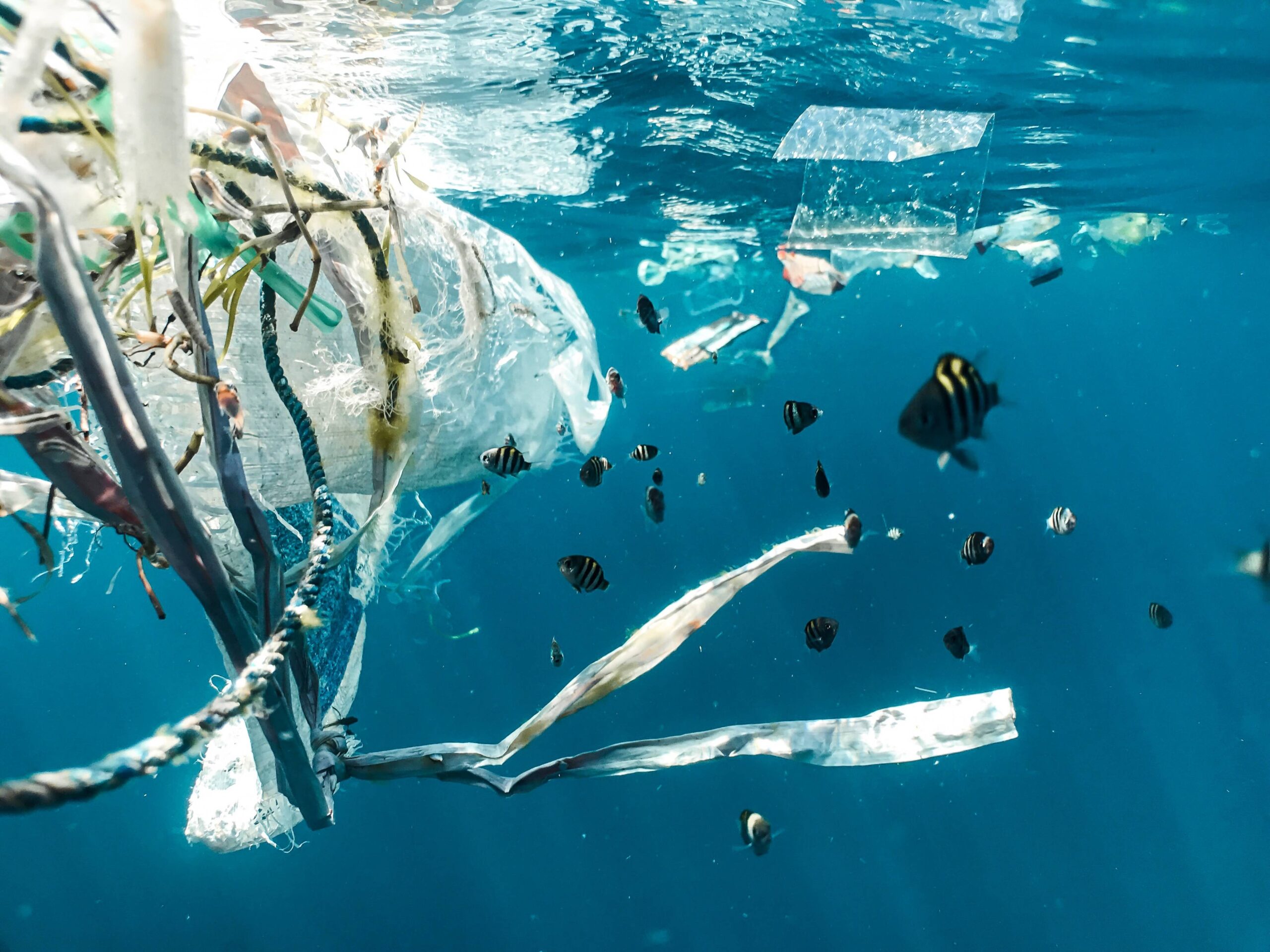
Marine pollution remains one of the most pressing challenges in ocean conservation. Various forms of pollution, such as plastic waste, chemical runoff, and oil spills, contribute significantly to the degradation of marine ecosystems. Plastic waste, for instance, originates predominantly from land-based sources, including improper disposal and inadequate waste management. To tackle these issues, a range of global and local initiatives have been implemented.
International treaties, such as the MARPOL Convention, aim to prevent pollution from ships, while agreements like the Paris Accord indirectly contribute by addressing climate change and its impact on oceans. Clean-up campaigns, both large-scale operations like The Ocean Cleanup project and local community efforts, are crucial in removing existing waste and preventing further pollution.
Sustainable Fishing Practices
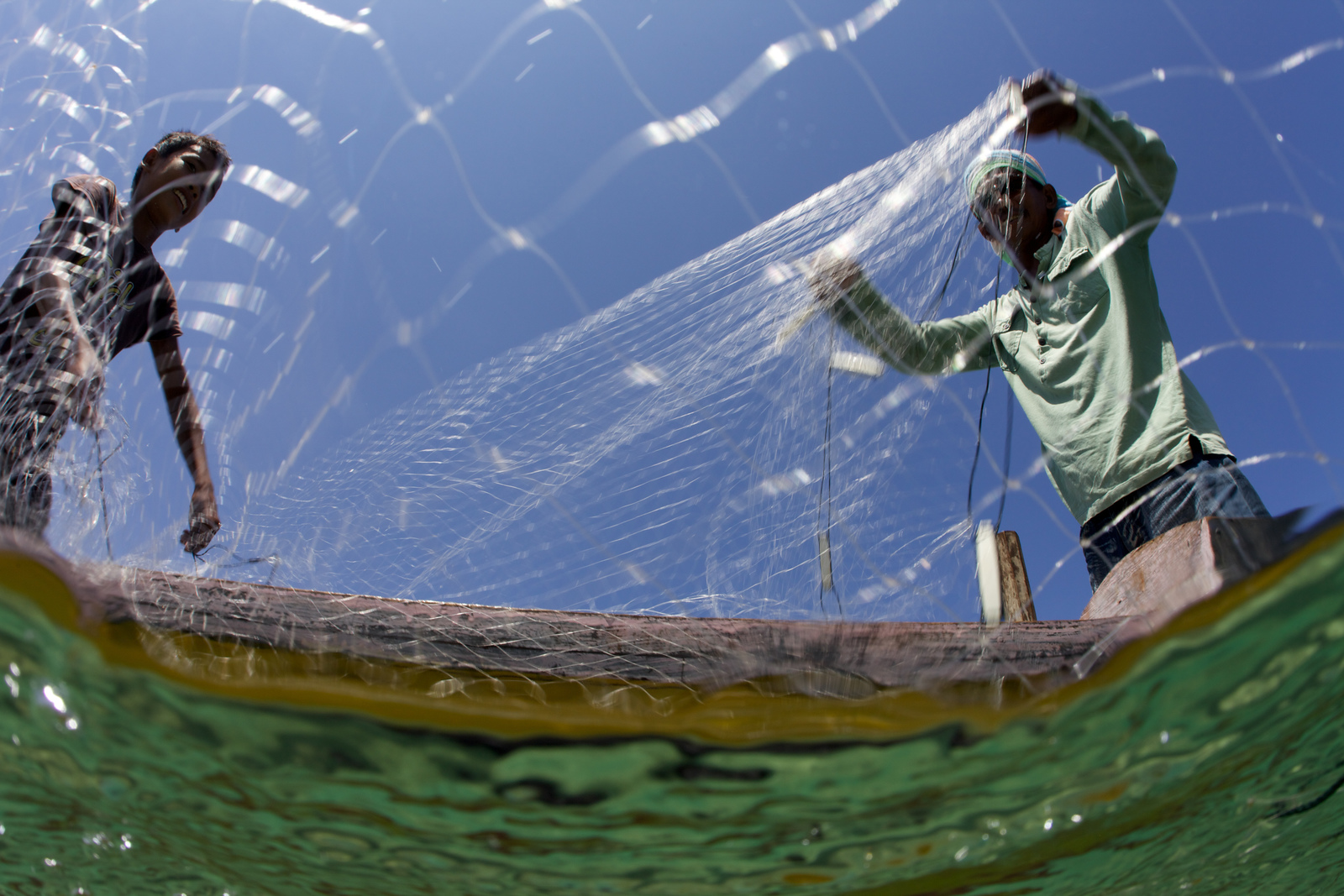
Sustainable fishing practices play a crucial role in preserving marine biodiversity and ensuring long-term food security. Overfishing, characterized by the excessive harvesting of fish beyond their reproductive capacity, has led to the depletion of numerous fish populations and disrupted marine ecosystems. Addressing overfishing is pivotal for maintaining the health of our oceans and the livelihoods dependent on them.
One of the primary methods of promoting sustainable fishing is the implementation of regulated catch limits. These limits are based on scientific assessments of fish stocks, ensuring that the number of fish caught does not exceed the population’s ability to replenish. Selective fishing gear, which targets specific species and sizes of fish, further aids in minimizing bycatch—non-target species caught unintentionally. This practice helps reduce the impact on vulnerable species and supports the overall balance of marine ecosystems.
Restoration and Conservation Projects
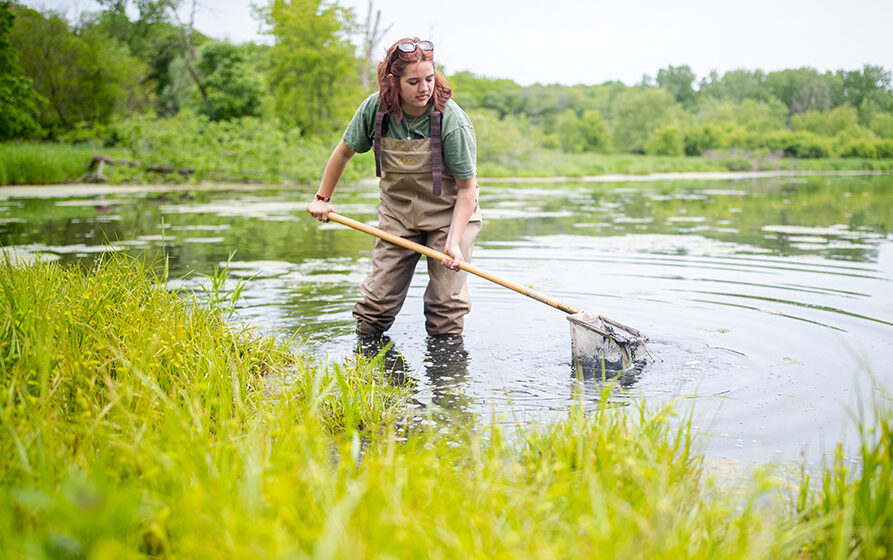
Restoration and conservation projects play a pivotal role in enhancing ocean health globally. Among these initiatives, coral reef restoration, mangrove reforestation, and habitat rehabilitation stand out as significant efforts to counteract the degradation of marine ecosystems.
The success of these restoration and conservation projects hinges on several factors. Community involvement is crucial, as local stakeholders’ participation ensures the sustainability and effectiveness of the efforts. Scientific research provides the foundational knowledge necessary to develop and refine restoration techniques. Additionally, adequate funding is indispensable for the implementation and long-term maintenance of these projects.
The Future of Ocean Conservation
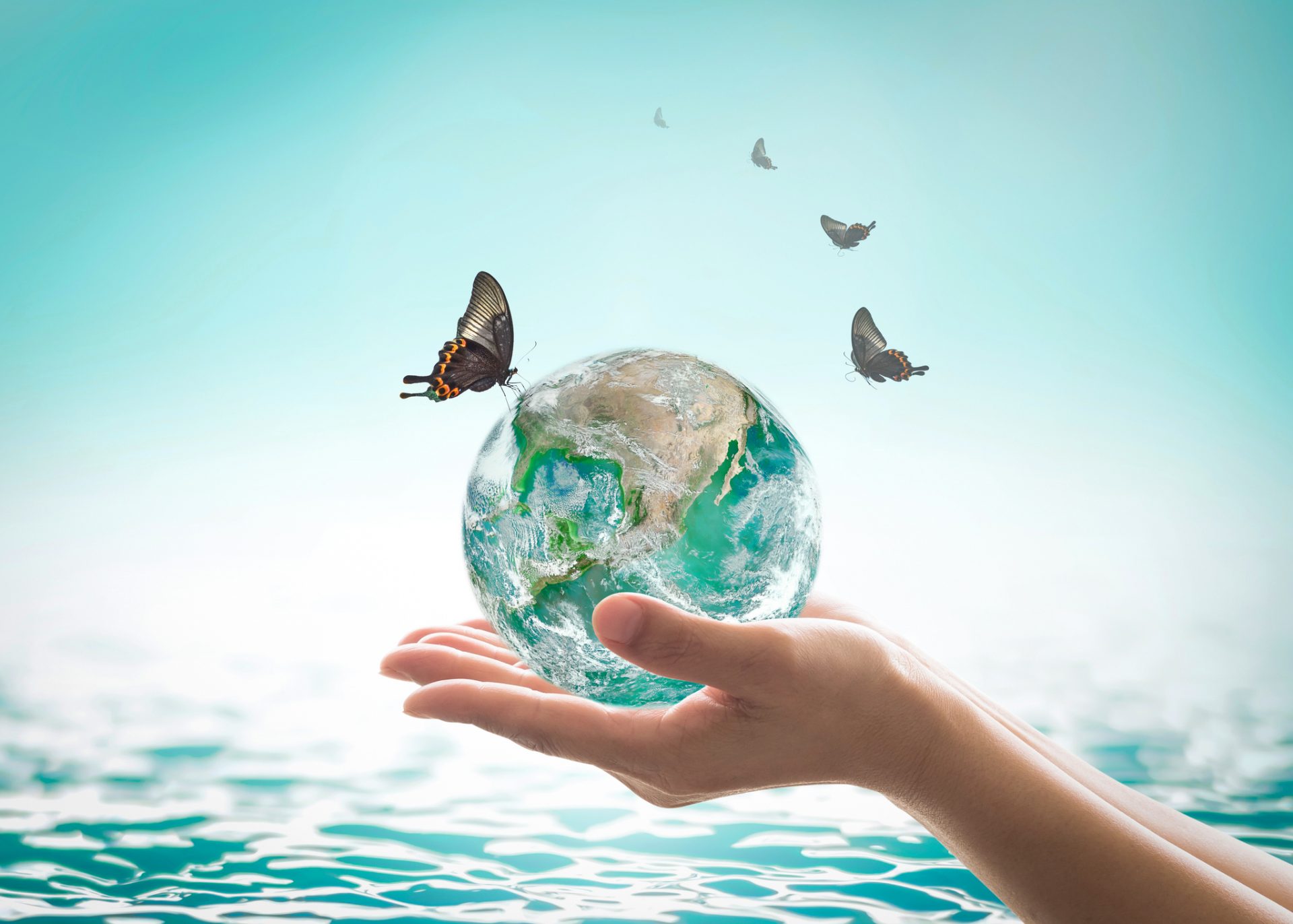
The future of ocean conservation hinges on the integration of innovative technologies and forward-thinking strategies. Emerging tools such as marine drones offer unprecedented capabilities for monitoring and protecting marine environments. These advanced devices can collect data on ocean health, track illegal fishing activities, and even assist in the cleanup of marine pollution.
Ultimately, the urgency of conservation demands collective action. Ensuring the health and sustainability of our ocean conservation for future generations requires a concerted effort from governments, scientists, organizations, and individuals alike. By embracing innovative technologies, advancing scientific research, and fostering international collaboration, we can forge a path toward a sustainable and thriving marine environment.
